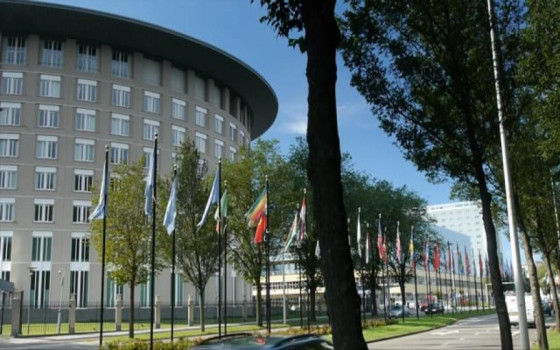
Director General of the Organization for the Prohibition of Chemical Weapons on his talks in Damascus: We discussed the next steps to eliminate the chemical weapons program in Syria

- Europe and Arabs
- Sunday , 9 February 2025 10:29 AM GMT
The Hague - Damascus: Europe and the Arabs
A statement issued by the Organization for the Prohibition of Chemical Weapons, based in The Hague, Netherlands, said that at the invitation of the Syrian interim Foreign Minister, the Director-General of the Organization, Ambassador Fernando Arias, accompanied by a high-level delegation from the Organization for the Prohibition of Chemical Weapons, visited Damascus to meet with the interim Syrian President Ahmad al-Shara and the interim Foreign Minister Asaad Hassan al-Shaibani.
The meetings were long, fruitful and very open, with an in-depth exchange of information, which will serve as a basis for reaching tangible results and breaking the deadlock that has lasted for more than eleven years.
According to the statement, a copy of which was received by email, “The visit was a first step towards re-establishing a direct working relationship between the OPCW Technical Secretariat and Syria, after eleven years of stagnation and lack of progress with the previous authorities. In their meeting, the two sides discussed Syria’s obligations under the Chemical Weapons Convention, the role and mandate of the OPCW, and the type of support the Technical Secretariat could provide to the Syrian Interim Authorities in eliminating the remnants of Syria’s chemical weapons program. “This visit represents a new beginning. After eleven years of obstruction by the previous authorities, the Syrian Interim Authorities have had an opportunity to turn the page and fulfill Syria’s obligations under the Convention,” said Director General Arias. “My presence in Damascus reflects the OPCW’s commitment to rebuilding a relationship based on mutual trust and transparency,” he stressed. “For more than a decade, the chemical weapons file in Syria has been at a standstill. Today, we must seize this opportunity together and break this impasse for the benefit of the Syrian people and the international community.”
The statement of the organization indicated that since 2013, Syria’s declaration of its chemical weapons program has been incomplete, with large unknown quantities and lack of cooperation from the previous Syrian authorities. This has led to the suspension of some of Syria’s rights in the OPCW’s policy-making bodies since April 2021. Director-General Arias emphasized that the OPCW looks forward to working with the Syrian transitional government in addressing these open questions and implementing its responsibilities to restore its rights in the organization. To this end, he presented to the interim President and the interim Foreign Minister the Secretariat’s 9-point action plan for Syria.
The Director-General further emphasized that the OPCW stands ready to support Syria in fulfilling its obligations under the Convention. In doing so, the interim authorities will protect the Syrian people, help hold accountable any identified perpetrators of chemical weapons use, and enhance the country’s reputation as a reliable member of the international community.
“This visit paves the way for working together towards closing the Syrian chemical weapons file once and for all, promoting long-term compliance and regional stability, and contributing to international peace and security,” Director-General Arias said.
The Syrian Arab Republic became a State Party to the Chemical Weapons Convention – and a Member State of the OPCW – in October 2013. As a result of a joint OPCW-UN mission (October 2013–September 2014) in cooperation with the former Syrian authorities, all of Syria’s declared chemical weapons have been removed and verifiably destroyed. Questions remain about the accuracy and completeness of Syria’s initial declaration. The OPCW’s 9-point action plan for Syria draws on the extensive experience of the Technical Secretariat and sets out the next steps in this process: preparing an inventory of sites, equipment, munitions, chemicals, documentation, personnel and facilities; declaring and verifiably eliminating all elements of Syria’s chemical weapons programme; establishing long-term compliance with the Chemical Weapons Convention through enhanced cooperation. To ensure Syria’s compliance with its obligations under the Convention, there are currently three different OPCW missions with an active mandate to work on chemical weapons-related issues: the Declaration Assessment Team (DAT), the OPCW Fact-Finding Mission (FFM), and the OPCW Investigation and Identification Team (IIT).
As the implementing body of the Chemical Weapons Convention, the OPCW, together with its 193 Member States, oversees global efforts to permanently eliminate chemical weapons. Since the Convention entered into force in 1997, the Convention has been the most successful disarmament treaty in eliminating an entire class of weapons of mass destruction.
In 2023, the OPCW confirmed that all chemical weapons stockpiles declared by the 193 States Parties to the Chemical Weapons Convention since 1997 – totaling 72,304 metric tons of chemicals – have been irreversibly destroyed under the OPCW’s rigorous verification regime. As a result of its extensive efforts to eliminate chemical weapons, the OPCW was awarded the Nobel Peace Prize in 2013.


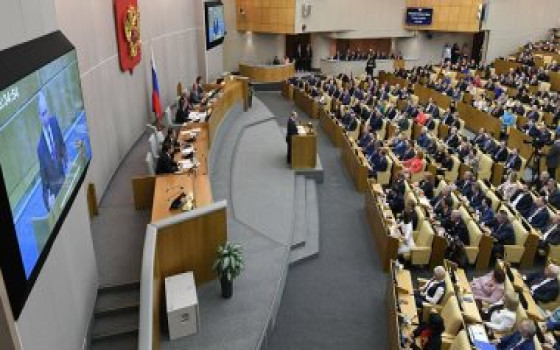
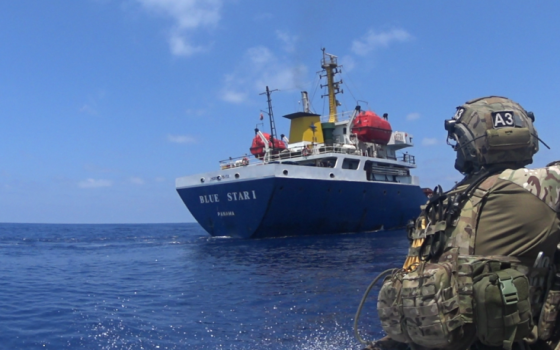
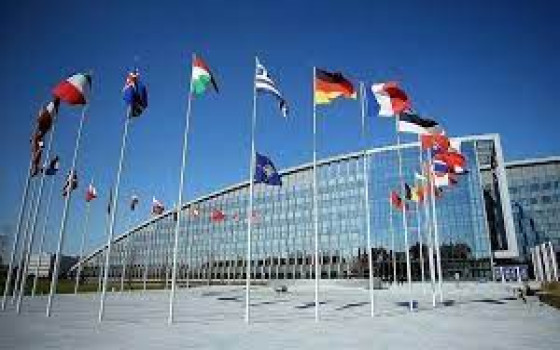
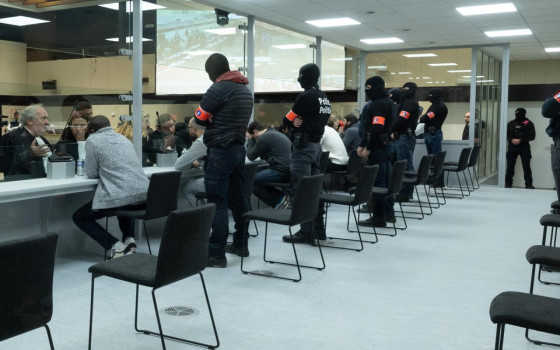
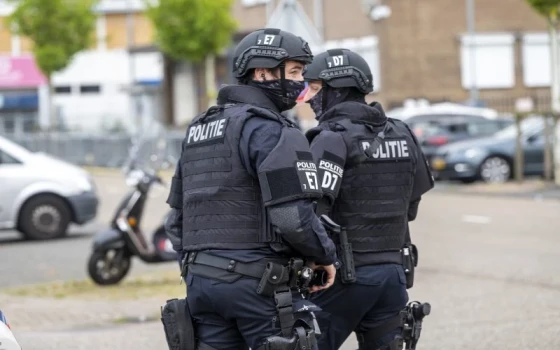
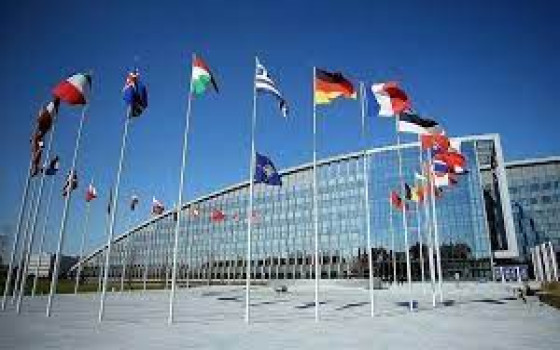
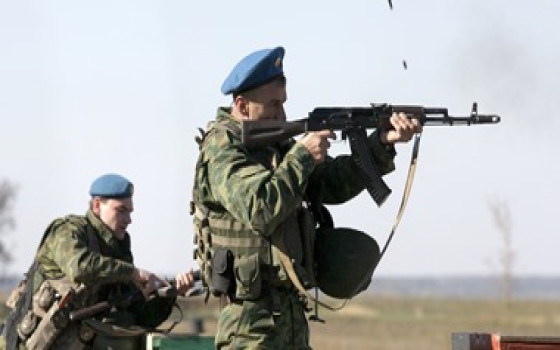
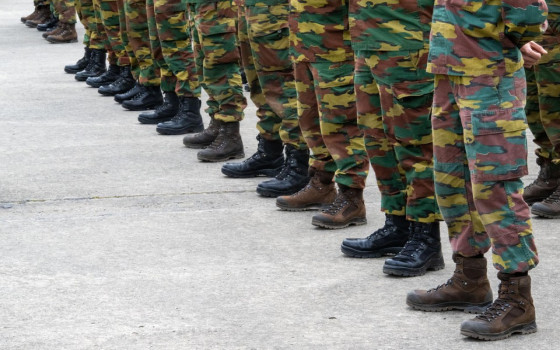

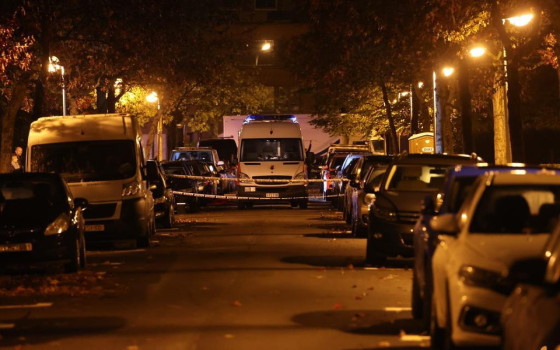
No Comments Found